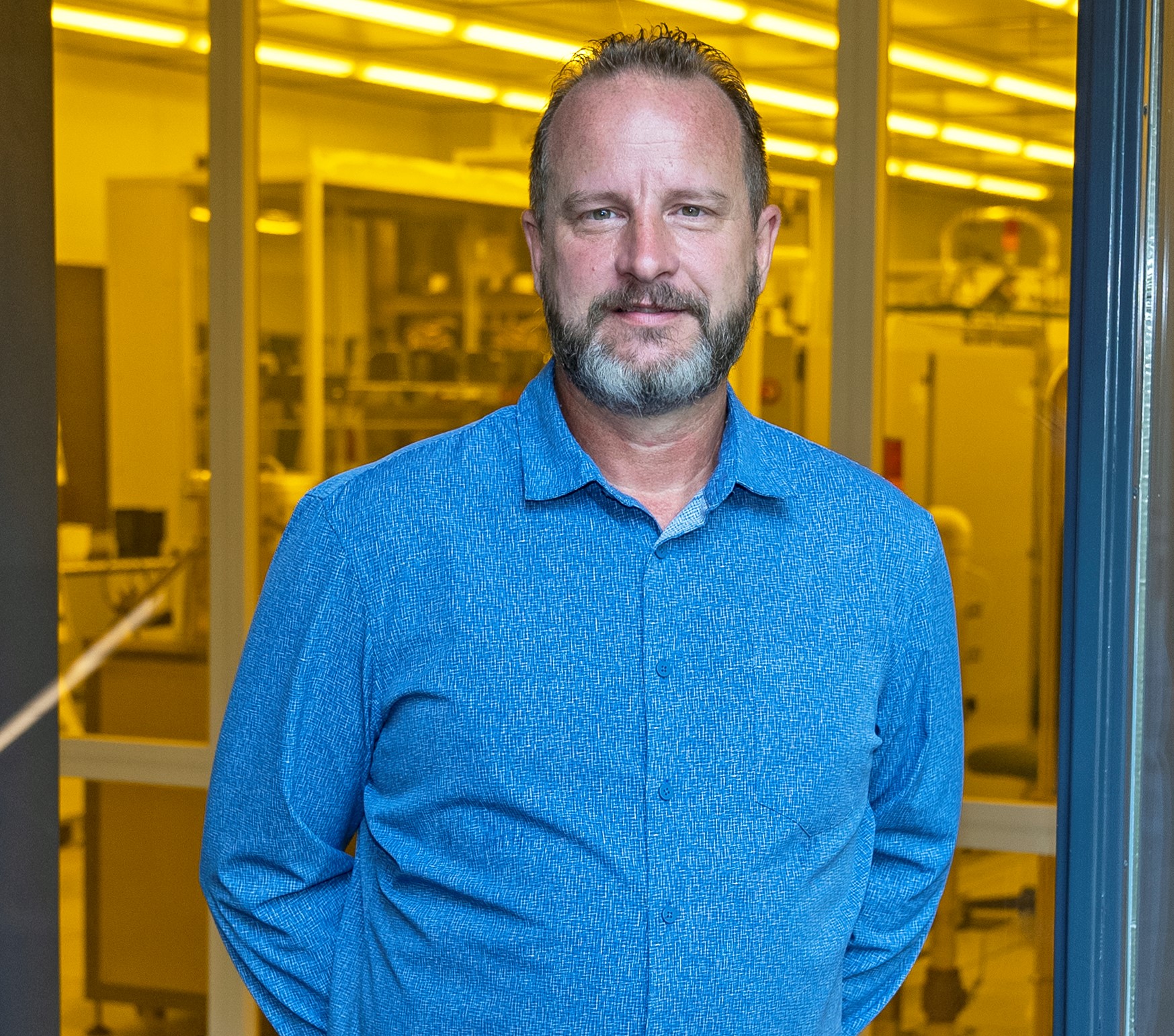
- This event has passed.
ESE Fall Colloquium – “From Brains to Bandgaps: How Novel Materials Synthesis can provide New Semiconductor Platforms for Optoelectronics, Acoustics, Electronics and Neuromorphic Computation”
December 15, 2022 at 12:30 PM - 1:30 PM
Since the first discovery of semiconductors, materials synthesis has been the driving force for new devices, new applications, and new markets. In this presentation, Professor Doolittle will provide two examples of “counterculture synthesis methods”, methods that buck literature tradition, that enable new devices, applications, and potentially vast new markets. Emphasis will be given to non-standard methods that have more sound physical reasoning than commonly practiced methods. The first example will be the recent advances in AlN and AlScN semiconductor synthesis. Aluminum Nitride (AlN) is an over 80-year-old insulator that has to date, shown little promise to be converted to a semiconductor via doping because of well-known compensation and defect formation. By using low temperature crystal synthesis methods that run counter to common practice and by using new dopant elements, we demonstrate: a) for the first time well behaved bulk semiconducting functionality in AlN making it the largest direct bandgap semiconductor demonstrated; b) substantial bulk p-type conduction (first-time demonstration, holes=3.1×1018 cm-3); c) dramatic improvement in n-type conduction (electrons=6×1018 cm-3, nearly 6000 times the state-of-the-art); d) the first PN AlN diode with a nearly ideal turn-on voltage of ~6 V for a 6.1 eV bandgap semiconductor and ~six decades of current rectification. Likewise, low temperature AlScN synthesis methods produce high quality structures that could transform RF and power switching electronics as well as have impact for acoustic devices. The understanding of this advance is in its infancy and present limitations will be discussed. A wide variety of AlN-based applications should be enabled that will revolutionize deep ultraviolet light-based viral and bacterial sterilization, lithography, laser machining, high-temperature, high-voltage, and high-power electronics. The second example is a new neuromorphic computing platform that offers engineering solutions not afforded in competing platforms. By dynamically changing the density of states of materials by intercalation of dopants, bio realistic computation and memory are enabled via a diverse family of new, scalable devices. Moving beyond simple resistance changes industry has perfected, demonstrations will be given on how an engineer can design chrono-memristance devices with volatile, non-volatile, and mixed volatility, tunable resistance and tunable temporal responses, analog resistance changes exceeding the state of the art and remarkably low programing voltage/energy (below 100 mV) that compute without the need for individual device addressing – just as the brain computes.

Alan Doolittle
Joseph M. Pettit Professor in the School of Electrical and Computer Engineering at Georgia Institute of Technology
Dr. W. Alan Doolittle is the Joseph M. Pettit professor in the School of Electrical and Computer Engineering at Georgia Institute of Technology. Prof. Doolittle is a two-time Georgia Tech alumnus, earning his B.E.E. degree with highest honors in 1989 and his Ph.D. in Electrical Engineering in 1996. Prof. Doolittle leads the Advanced Semiconductor Technology Facility and works in the areas of nano-electronic fabrication, materials growth, materials and device characterization, neuromorphic computational devices, power devices, high frequency transistors and optoelectronic devices. Prof. Doolittle has pioneered the synthesis of lithium-metal-oxides which have recently gained attraction for very low power neuromorphic devices– devices that emulate human brain functionality. Prof. Doolittle also pioneered the area of hyper doping of wide bandgap semiconductors which has enabled the creation of new semiconductors including the widest bandgap semiconductor known, new devices that utilize quantum mechanical processes to reduce power losses and advanced power and optoelectronic devices.
